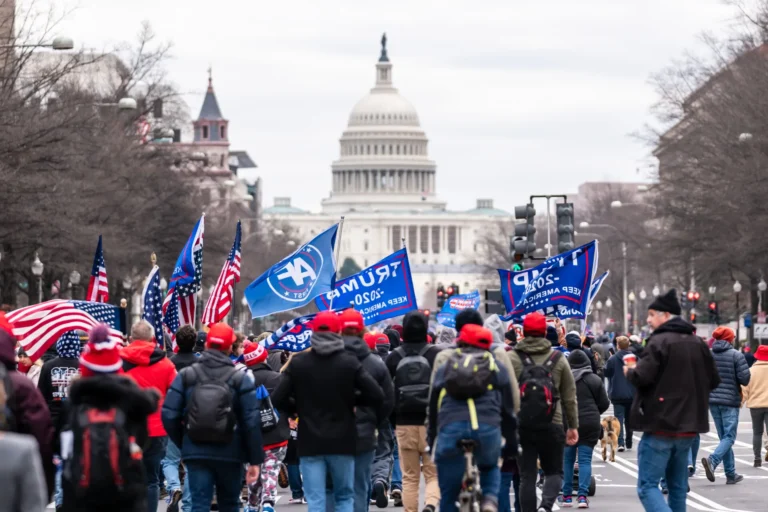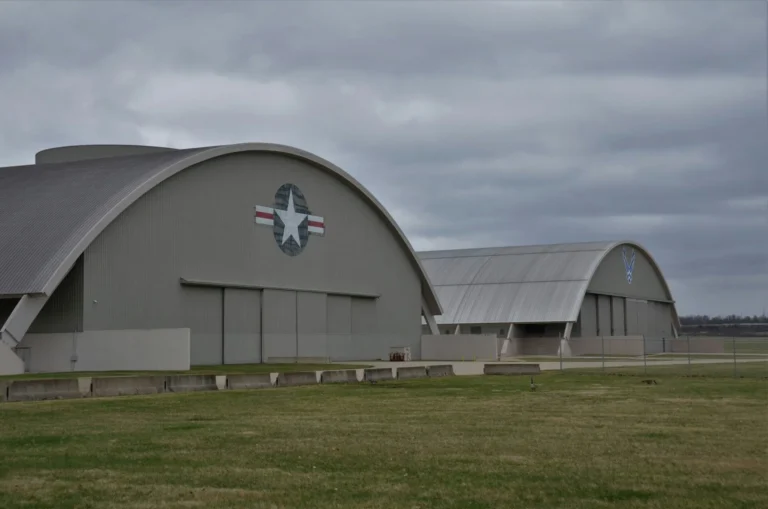By Cliff Montgomery – Apr. 19th, 2010
The Executive Branch’s ‘state secrets’ privilege continues to be a controversial issue for U.S. legal experts and all others interested in protecting our civil liberties.
That privilege, narrowly defined, is a legal maneuver which allows an administration to block court access of any evidence that it claims is “potentially damaging to national security,” recently stated Christina Wells in a legal studies research paper for Missouri University’s School of Law entitled, State Secrets and Executive Accountability.
Now, critics charge, the ‘state secrets’ maneuver “has morphed into a device by which the federal government maintains [a near total] secrecy about its actions.”
Critics also say “it does so…because officials have convinced courts to defer to their argument that certain evidence must be suppressed,” Wells continued, “or, more invidiously, because officials have convinced courts to dispose of lawsuits altogether, prior to discovery occurring at all.”
“As a result, critics argue that improper use of the privilege interferes with constitutional and statutory rights,” stated Wells, “prevents public scrutiny of the government’s actions, and harms our system of separated powers,” as “courts abdicate their role as a check on executive action.”
Indeed, in recent years the privilege has led to an outright dismissal of legal cases.
In September 2009, Attorney General Holder announced the creation of new internal procedures meant to “ensure the state secrets privilege is invoked only when necessary and in the narrowest way possible.”
But “the new [Obama] policy cannot serve as an adequate accountability mechanism,” countered Wells, since there is “nothing in the policy [that] compels administration cooperation with courts once the state secrets privilege is asserted.”
And the ‘state secrets’ privilege is a growing problem.
“Between 2001 and 2009 the government asserted state secrets in more than 100 cases,” a significantly higher number than previously disclosed, “while in scores more, litigants appealed to the doctrine in anticipation of government intervention,” according to legal expert Laura Donohue in her paper, The Shadow of State Secrets, a recent public law research paper first published by the Georgetown University Law Center.





